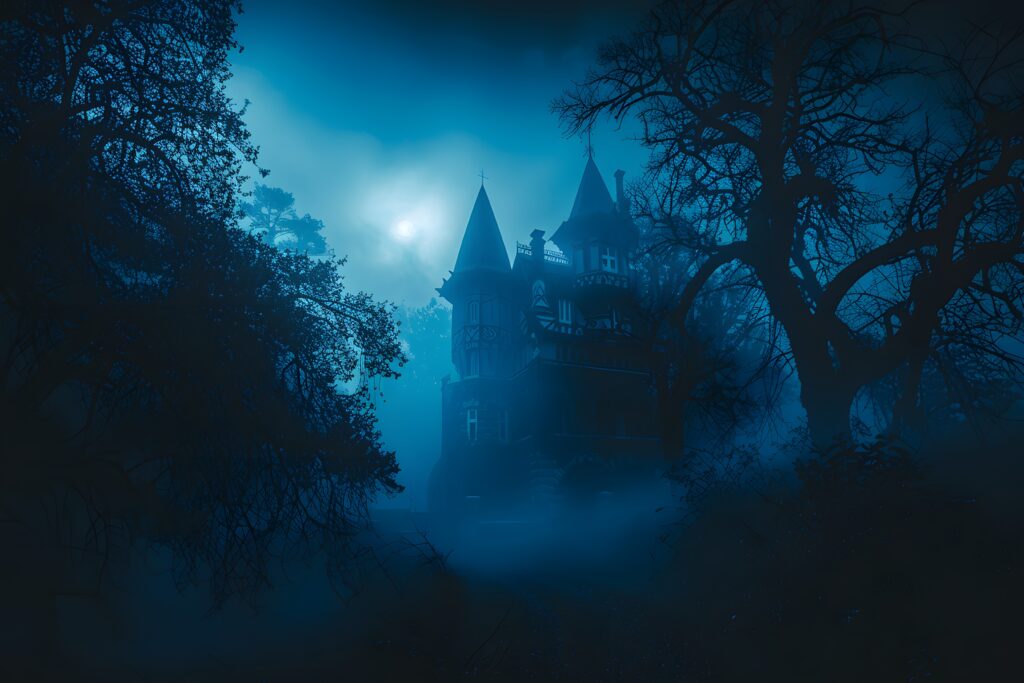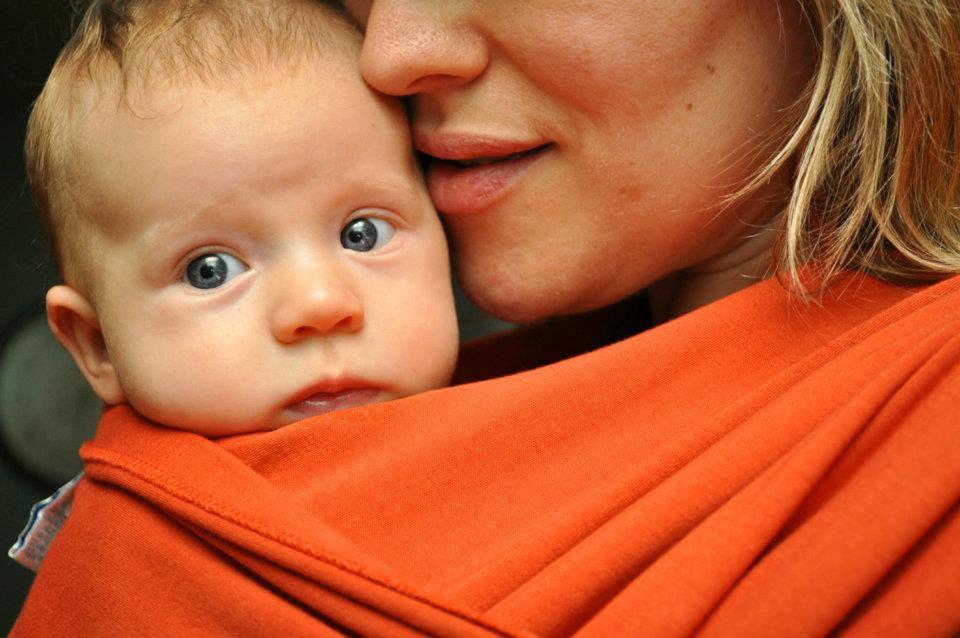
There’s something oddly captivating about watching a film that makes you jump, scream, or better yet—a film that sticks with you long after watching. Millions of people embrace the fear, willingly diving into the dark world of horror movies. But why? What is the appeal of subjecting ourselves to terror? The reasons we watch and enjoy scary movies go far beyond the jump scares—they’re deeply psychological.
For those who find themselves covering their eyes or clutching the nearest pillow, it might be hard to understand. Yet, as the hair-raising month of October ends, many people spent the 31 days leading up to Halloween watching films designed to scare the daylights out of them. In this blog, we explore why people enjoy fear (or why they don’t) and what psychology reveals about the movies that truly terrify us.
Continue reading “Why Do We Love Being Scared? The Science Behind Horror Movies”
 Every morning, as I’m in the bathroom getting ready for work, my husband goes and collects our five-month-old daughter from the bedroom as soon as he hears the half-hearted fussing indicating she’s woken up. It’s become our routine that he brings her out to say good morning to me, her face still bearing the vestiges of sleep, her eyes squinting into the light. Shielding her eyes with his hand, he’ll say brightly, “Here’s Mama!” and I stop whatever I’m doing to give her a huge smile, grab and kiss her pajama-clad feet and welcome her enthusiastically into the new day (even if I’m a bit bleary-eyed and not feeling all that enthusiastic myself). Invariably, she rewards me with a huge, face-scrunching grin, wrinkling her nose and opening her mouth wide — as close as she can get at this point to a reciprocal “Good morning, Mama!” We trade big smiles back and forth for a few moments, and then Daddy takes her in for the much-needed diaper change.
Every morning, as I’m in the bathroom getting ready for work, my husband goes and collects our five-month-old daughter from the bedroom as soon as he hears the half-hearted fussing indicating she’s woken up. It’s become our routine that he brings her out to say good morning to me, her face still bearing the vestiges of sleep, her eyes squinting into the light. Shielding her eyes with his hand, he’ll say brightly, “Here’s Mama!” and I stop whatever I’m doing to give her a huge smile, grab and kiss her pajama-clad feet and welcome her enthusiastically into the new day (even if I’m a bit bleary-eyed and not feeling all that enthusiastic myself). Invariably, she rewards me with a huge, face-scrunching grin, wrinkling her nose and opening her mouth wide — as close as she can get at this point to a reciprocal “Good morning, Mama!” We trade big smiles back and forth for a few moments, and then Daddy takes her in for the much-needed diaper change. 